When you have a constipated toddler, life can be pretty miserable as you try to figure out what to do to help them feel better. Since I know this is a common issue among babies and toddlers, I’m sharing the best natural remedies for constipation that you can try to help get things moving along.
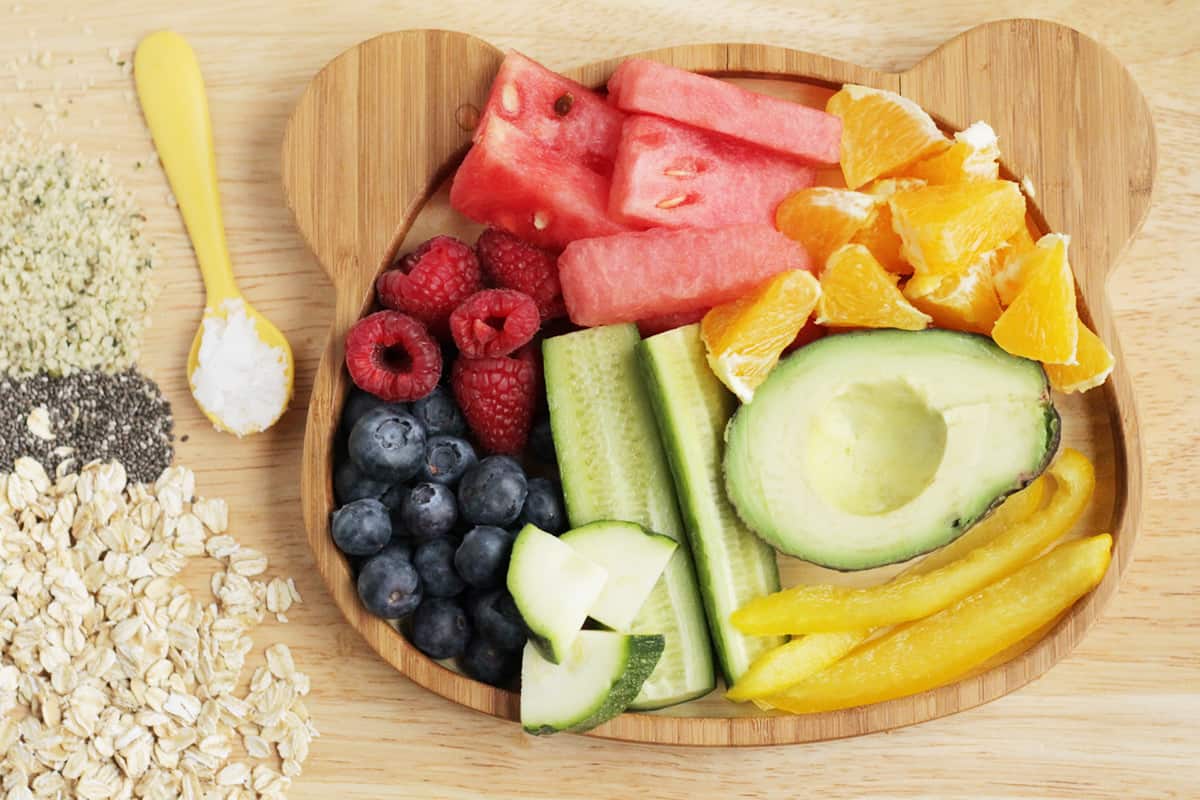
Natural Remedies for Constipation
One of the biggest challenges with toddler constipation is that it can be hard to get a toddler to actually do, eat, and drink the things that they need to help them feel better. So often with anything toddler-related, the more you want them to do something, the less they want to do it!
And there’s the issue of communication—they aren’t always able to articulate what they are feeling.
That is why it’s nice to have variety of home remedies for constipation to cover your bases. I’d also like to say that having gone through this with my own kiddo, I’ve found that it’s key to stay relaxed as the parent. Know that this can take some time to improve, that bouts of constipation in kids are normal, and that it will likely resolve.
Toddler Constipation
According to the Mayo Clinic, constipation in kids is common and is characterized by a child who has hard, dry stool or very infrequent stools. They say common causes include diet and changes that can occur during the process of potty training.
The good news is that these issues are usually temporary. I share a lot of resources in this post to help you. Here’s a look at what we’ll cover:
Table of Contents
- Natural Remedies for Constipation
- Toddler Constipation
- How do I know if my toddler is pooping enough?
- How do I know if my toddler's constipation is serious?
- What causes toddler constipation?
- Is there any instant relief for constipated toddlers?
- 10 Tips to Get Rid of Toddler Constipation at Home
- What foods will help a toddler poop and prevent constipation?
- What foods should a constipated toddler avoid?
- How much fiber does my toddler need?
- What about toddler stool softeners and laxatives (and Miralax)?
- Recipes for Toddler Constipation Relief
How do I know if my toddler is pooping enough?
I figured I’d just cut right to the chase! It’s helpful to remember that every kiddo (and adult) is different and unique, so one child may go once a day or once every three days and another might go a few times a day.
According to the American Academy of Pediatrics, the important factors to know if you have a constipated toddler are less related to frequency and more about whether stools are hard, dry, and difficult to pass.
How do I know if my toddler’s constipation is serious?
If your toddler is pooping less than three times a week, is clearly in pain when they do go, has abdominal pain, fever, vomiting, blood in the stool, or any of these other symptoms, call your doctor. (And if you are just worried, always call your doctor!)
It can also be helpful to think through whether what your child is experiencing is normal for them—or if it’s a totally new issue.
Assess how bothered by the issue they seem, or if it’s more that you are preoccupied by how little they seem to be going.
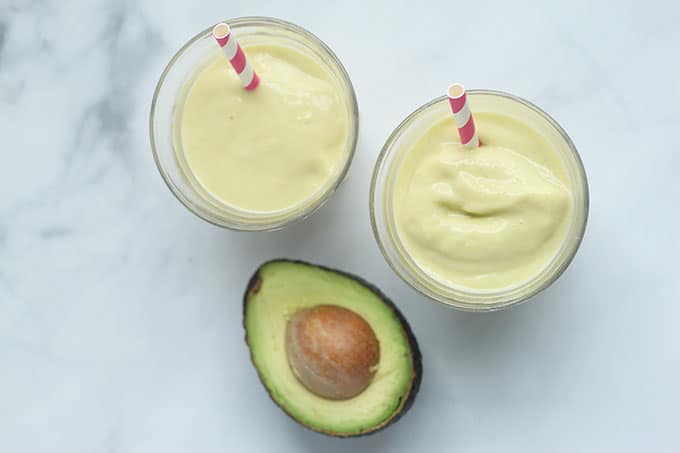
What causes toddler constipation?
The symptoms of constipation can pop up unexpectedly or they can slowly creep into focus over the course of a few days. Here are some causes:
- Changes in routine like travel, a new school, new living arrangement…anything new and emotional or exhausting.
- Illness or colds.
- Changes in the child’s diet, such as lower intake of liquids or less fiber-rich food.
- Holding it in (which can often happen with kids who are working on toilet training).
- Not drinking enough water, or eating enough fiber, fats, and produce.
- It could also be a random bout without a specific cause!
Is there any instant relief for constipated toddlers?
There may not always be instant relief available, as toddler constipation can take time to sort itself out, but there are a handful of things you can try. Instead of immediately reaching for more fiber-rich foods, start with water. Hydration is key to improving constipation.
If your toddler doesn’t like to drink plain water, try:
- Making flavored waters. (A special cup may help them actually drink this…)
- Offering blended watermelon juice—just put cubes of seedless water into the blender, blitz, and strain out the yummy juice!
- Offering water with a fun straw or taking them outside with a bottle and an open cup. Let them play with the water and they will likely start drinking some!
- Constipation Smoothies can be really helpful, too.
- Include a lot of hydrating foods.
TIP: Good hydration is key to regularity, both in babies and in toddlers. (And adults!)
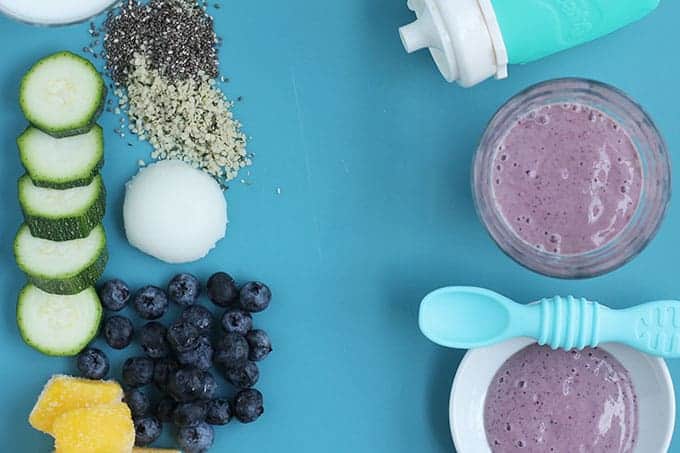
10 Tips to Get Rid of Toddler Constipation at Home
Keep these things in mind when aiming to reduce your toddler’s constipation. And remember, it can take a few days for things to improve, though you may see some instant relief.
- Your toddler should drink water throughout the day. Include it at meals and snacks whenever possible and offer it between meals.
- Include healthy fats in your toddler’s diet to help keep moisture in stools. This is major! Think coconut oil, full-fat coconut milk (from a can), avocado, flax oil, nut butters, fatty fish. A tablespoon or so of these can be added to smoothies without them detecting.
- Offer lots of water-rich produce like melon, berries, bell peppers, pears, mangoes, citrus, cucumbers, grapes, and more. This will help, especially if your toddler doesn’t love to drink water.
- Include fiber-rich foods like whole grains (oatmeal, Peanut Butter Oatmeal Balls) in your toddler’s diet—but use them with a lot of water, healthy fats, and water-rich foods to help the digestive system work well. Otherwise you may make the situation worse!
- Help your toddler to move their body a lot during the day, as this can help move things along. Run, jump, do yoga! Do bicycles with them on their backs, and squat down and stay in a crouched position for a while.
- Encourage your child to poop when they need to poop, instead of holding it in, whether they’re in diapers or they are potty trained. This can occur if they have to go at school and don’t want to or as a reaction to potty training or another change in their routine.
- Create a relaxing bathroom situation. Books are a good tool to help your toddler relax on the potty! Sometimes, a toddler will need to sit and do something while they’re on the potty to help them relax enough to actually go.
- Try a squatty potty stool or put a stool you already own in front of a big potty so that your toddler is in better position to avoid straining. Their legs should not dangle off the potty.
- Use a toddler potty that lets them have good positioning with very bent knees. (We like this Baby Bjorn potty.)
- Make a potty routine to give them regular chances to go during the day. Often after breakfast or before dinner can be good times to build this into your schedule.
TIP: A Constipation Smoothie can be a good habit to try, too.
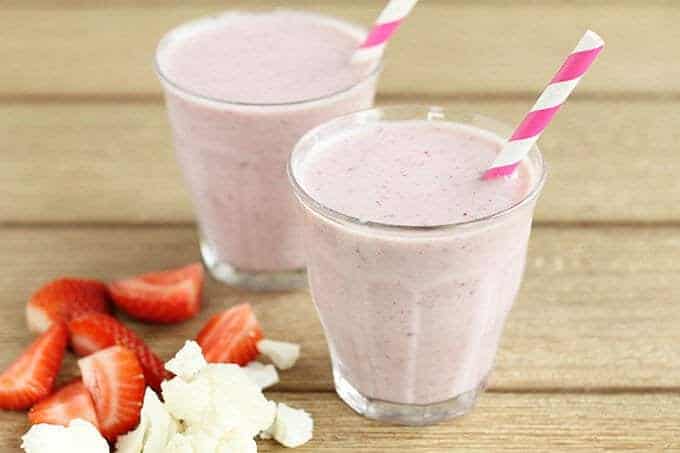
What foods will help a toddler poop and prevent constipation?
Many parents have good luck with the time-tested prune juice trick (you can water it down slightly if your toddler isn’t used to having full-strength juice), so that is an option. And opt for more whole, natural foods with lots of hydration and fiber versus processed ones. Other natural remedies for constipation to try include:
- Avocado: Offer cubes or slices, mash and spread on toast, put into smoothies. The oil helps to coat the digestive tract and keep things moving as a natural laxative.
- Coconut oil: Try adding a teaspoon to smoothies or freezer pops, or use it to cook vegetables. Some kids like it by the spoonful!
- Coconut butter: Spread it on toast or stir into oatmeal.
- Chia seeds: Try a coconut chia pudding for fiber and healthy fats in each bite.
- Produce like melon, berries, citrus, cucumbers, celery, bell peppers, grapes…anything that seems like it has a lot of water in it. Cut and serve as needed to avoid choking hazards.
- All-fruit popsicles usually contain a lot of water and are fun! (You can also try this Mango-Kefir popsicle recipe.)
- Fiber-rich foods like oatmeal, whole grain breads, whole grain pastas, and other whole grains. Start slowly if these high-fiber foods are new to your toddler, and pair them with healthy fats, water, AND water-rich produce to avoid making the problem worse.
- Foods with probiotics like yogurt, drinkable yogurt, kefir, sauerkraut, kimchi, miso, and more. (You can also try a probiotic supplement.)
- Slightly watered-down prune juice, pear juice, or apple juice.
- Prune puree.
- Smoothies with healthy fats, fiber, and hydration.
What foods should a constipated toddler avoid?
Many find that dairy can make constipation worse, as well as classic “binding” foods like rice, bread, and bananas…you know, the foods that you’d give if your toddler was going too much! (Though very ripe bananas do not tend to cause constipation—only underripe ones.)
Aim for more produce and healthy fats, if possible. In the case of a dairy allergy or sensitivity, dairy can make constipation worse—though the probiotics in yogurt and kefir may actually help.
TIP: You can try taking a break from cow’s milk and cheese, and try a few different yogurt options. Sometimes easy changes can help reset things.
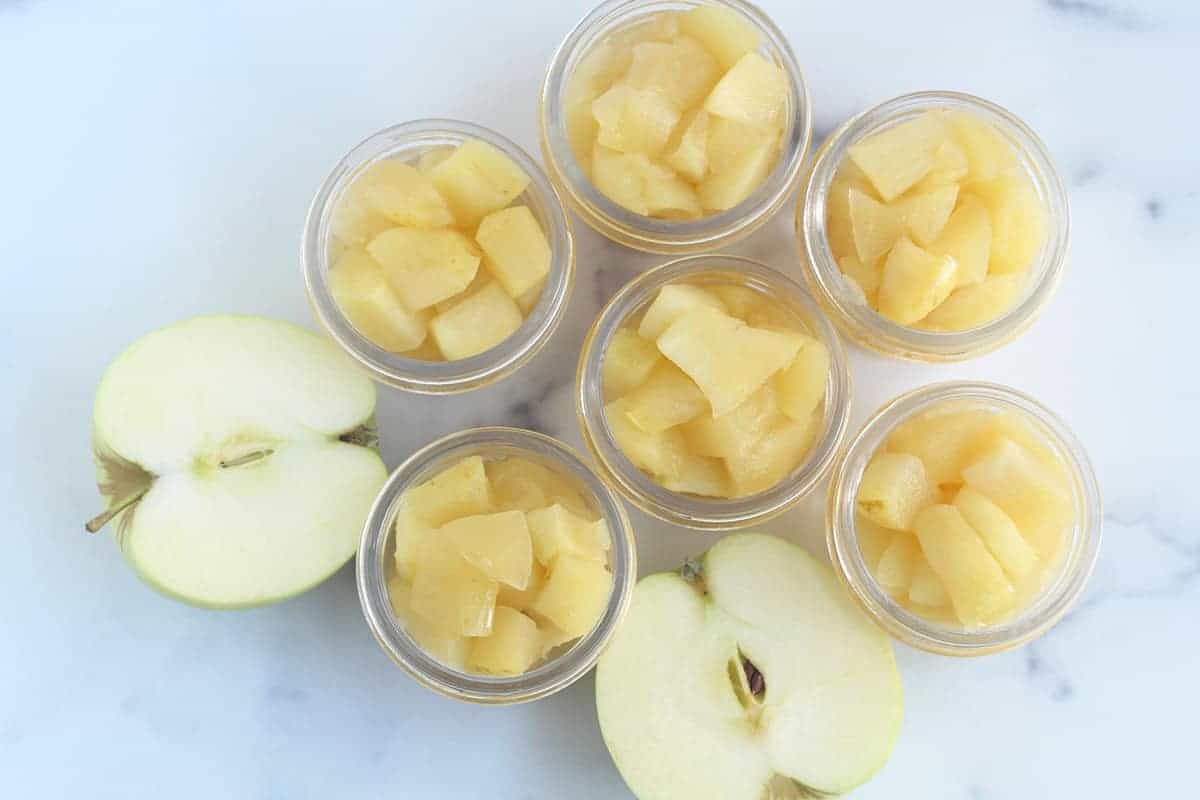
How much fiber does my toddler need?
According to the AAP: “…people between the ages of 2 and 19 years [should] eat a daily amount of fiber that equals their age plus 5 grams of fiber.” For example, 7 grams of fiber are recommended if your child is 2 years old (2 plus 5 grams).
This recommendation is because fiber helps to bind food waste and move it through the intestines and eventually out of the body. If there’s not enough, it’s harder to get the food waste out.
Here are some examples of foods that could get you to my example of 7 grams of fiber:
- 1 medium apple and 1 peach
- ½ cup kidney beans
- ½ cup oatmeal and 1 cup blueberries
- 1 smoothie with 1 cup blueberries, 2 tablespoons hemp seeds, and ½ cup spinach
TIP: Offer water and produce with fiber-rich foods so they can work together as natural laxatives. Fiber on its own can make things worse!
What about toddler stool softeners and laxatives (and Miralax)?
If natural remedies for constipation don’t work or don’t work in the long term or there’s a blockage that needs to be cleared, see your doctor. (And see your doctor at any point that you have a concern—that’s their job!) They may prescribe a laxative like Miralax which can help some kids.
TIP: Be sure to ask about the plan to decrease the dosage to get off of it when the constipation is resolved.
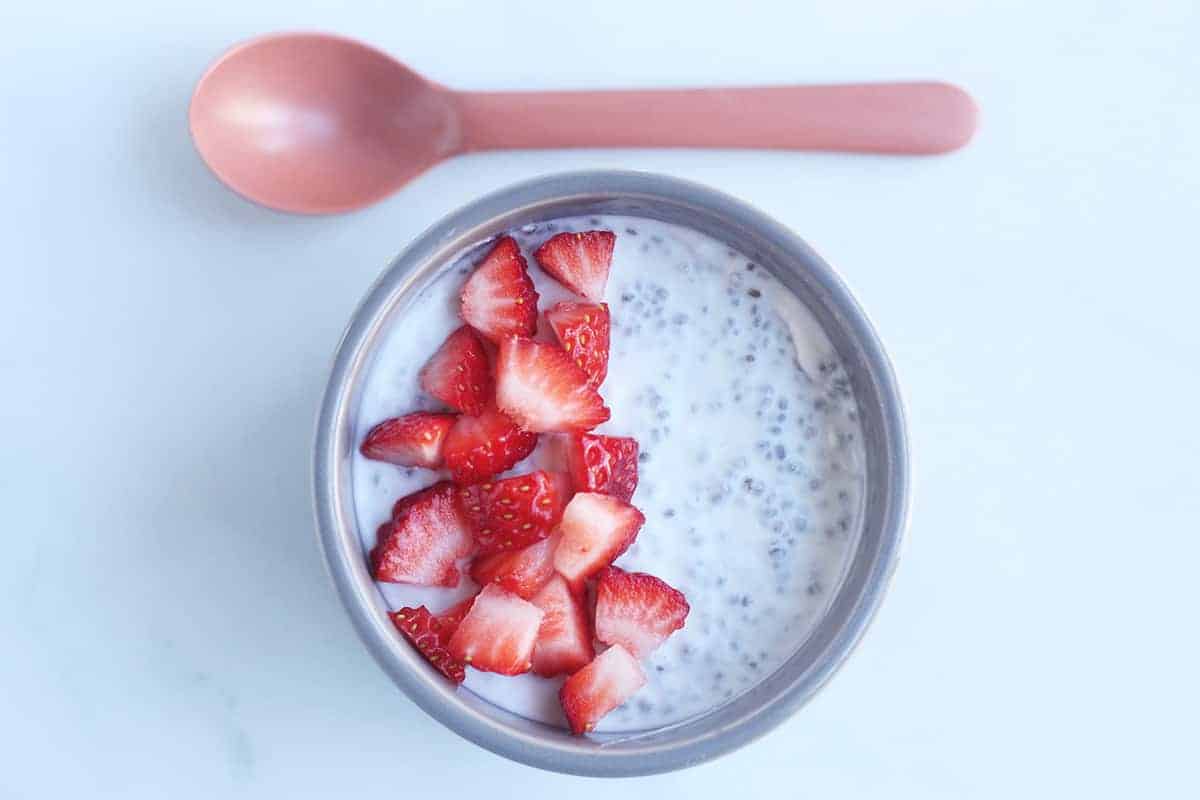
Recipes for Toddler Constipation Relief
Add one or more of these recipes to help act as a natural laxative for kids and also help prevent constipation from being an ongoing issue. These are some of our go-to natural remedies for constipation.

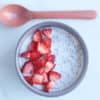
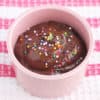
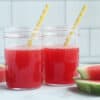
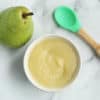
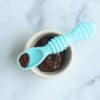
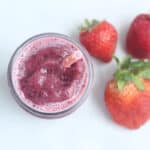
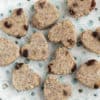
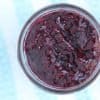
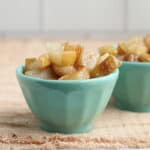
Related Stories
As always, call your doctor’s office with concerns, and trust your gut. This post is not meant to be used as a substitute for medical advice.
This post was first published February 2018.
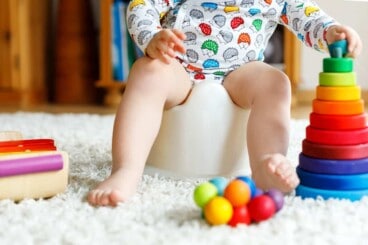
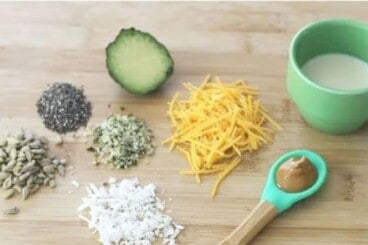
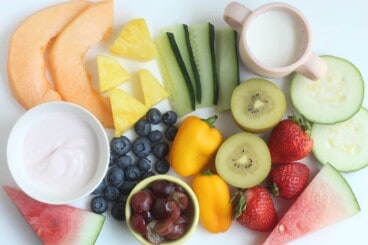
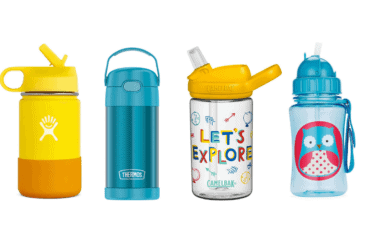
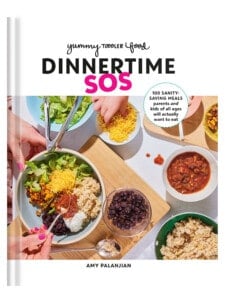


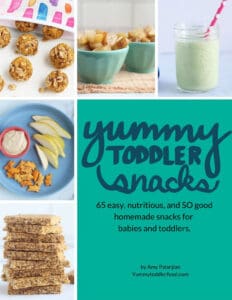














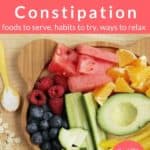
Awesome blog. It’s impressive to read about how you are not depending upon chemical medication instead of focusing on home remedies for dealing with kid’s constipation. I read blogs on iahas.com that also provide ayurvedic remedies for preventing and treating constipation. I will add your blog to my list…
Thank you so much for the detailed information and recipes! Greatly appreciated!
You are very welcome!
Natural should be taken out of the title if you’re going to suggest to give little kids harmful chemicals like MiraLAX. The only ingredient in that is a harmful chemical that causes many problems. It was given one time to my grandson and he had such bowel pressure and pain, and diarrhea for two days, which caused him to be afraid To have bowel movements so now he holds it all the time.
I didn’t actually suggest it as a natural option. I said: “If natural remedies for constipation don’t work or don’t work in the longterm or there’s a blockage that needs to be cleared, see your doctor. (And see your doctor at any point that you have a concern—that’s their job!) They may prescribe a laxative like Miralax which can help some kids.” There are cases where that is the only thing that helps with a more serious blockage. I am not suggesting or recommending it in any other situation as I agree with you, it can be unpleasant.
Loved reading this informative article.
It is essential that kids develop a regular defecation routine. Ayurveda says constipation gives rise to various ailments.
Definitely parents have to teach the children potty training with patience and proper knowledge. It will benefit in the long run.
Indian toilets have the squatting position. But with the new age people are adapting to the western comodes.
Great tips, especially the squatty potty , that will certainly help with constipation relief. The squating position, water, fiber and healthy fats should do the trick for most people.
And patience on the parent’s part can help too!
Great reminders for well-rounded meals and snacks!
We have been dealing with constipation and bowel issues with our almost seven year old since he was a baby. Consciously upping his water intake was a huge help, but having ideas of foods to help him along is super helpful! Hopefully with these foods and tips in mind, we can avoid the same issues with our currently 8-month old!
Try a pedialax enema or pedialax suppository
Coming from another mama thats had a little one with literally years of constipation problems, I second this comment. We’ve gone just about every route imaginable to testing for allergies, water uptake increase, cut out dairy, bathroom scenery adjusting… My 6yr old girl can’t seem to catch a break 🙁 we also did a half dose for a pedialax cleanse. Fingers crossed and ANY help would be marvelous ladies. I just want her to feel comfortable. With the potty at home, school, around friends, for the sake of laundry running all day and night. 😮💨 Thank you!
Thank you for the interesting information. So thorough! Thank you.
So helpful. We’ve been seeing more constipation as our baby has taken off with solid foods — I realized it was because she’s dropped a bottle now that she’s filling up on food. Adding coconut oil and chia seeds to her morning smoothie seems to help! (Also switching to giving her those in a Squeasygear pouch so she can drink more is helping replace the lost fluid from that bottle.)
Great tips! I try and be sure that the little ones are drinking enough water throughout the day.
Helpful content’ for sure